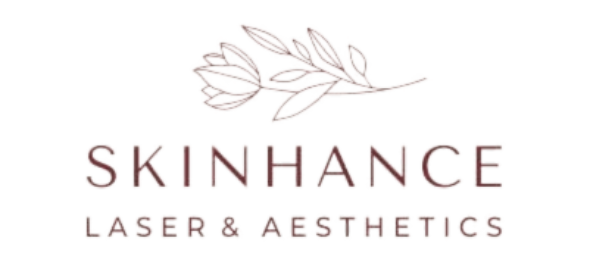Tattoos Removal
Fashion and beauty trends feel like every time a season changes, trends change too. If we talk about current fashion, then tattoos are extremely popular in society worldwide nowadays. They are a form of body modification that is created by inserting colored materials underneath the skin surface. Getting a tattoo can be exciting, but as time passes and you change as a person, you might not see that tattoo you got 10 or 20 years ago as exciting anymore. If you’re tired of figuring out ways to hide that old tattoo, then the laser removal process can be the best solution for you. This article will discuss how Q-switch lasers work forTattoo Removal Treatment and address the side effects associated with it.
Machine We use
Deciding to remove an old tattoo is a bit challenging, but choosing which method you’re going to pursue can be more challenging when there are so many tattoo removal options. If you’ve been toying with the idea of getting a tattoo removed, then a Q-switched laser is your one-go solution.
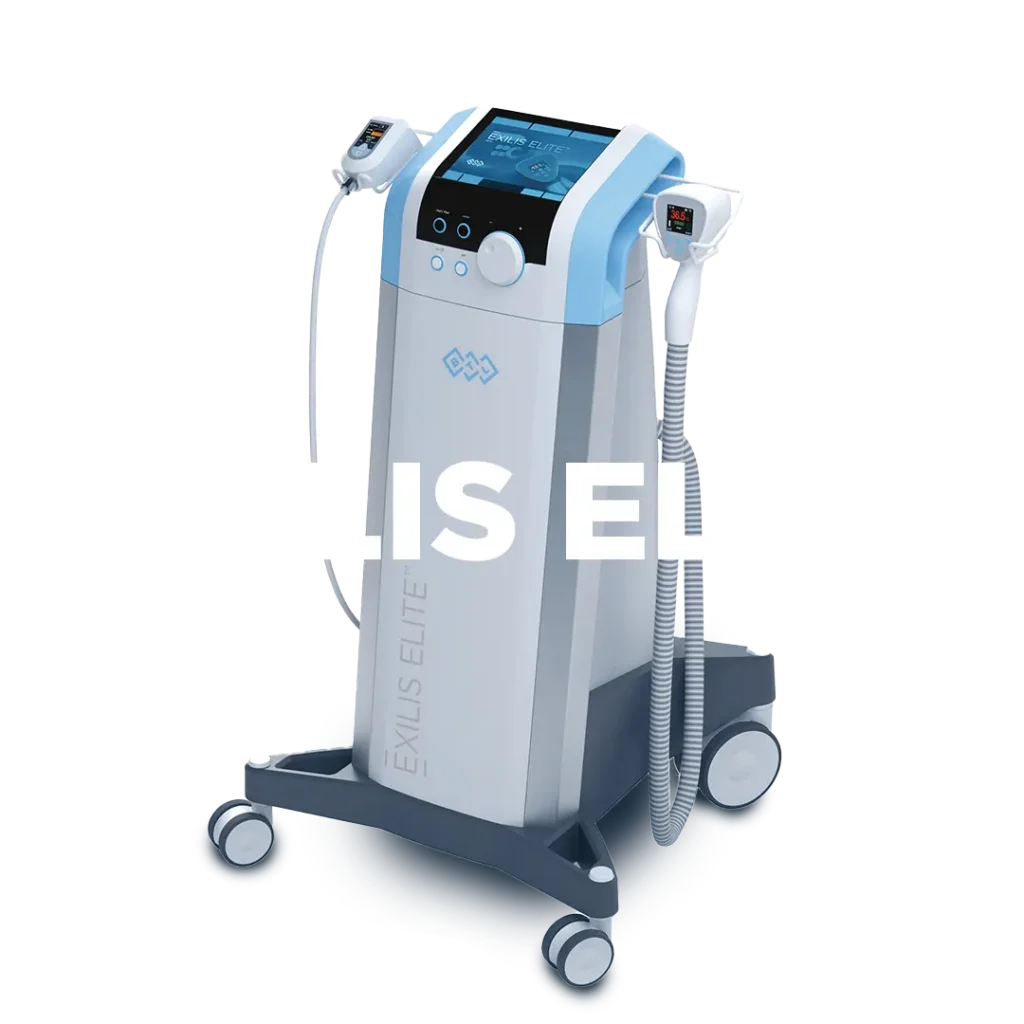
Achieving your best skin requires careful planning and consistent care. Follow our proven process for optimal results.
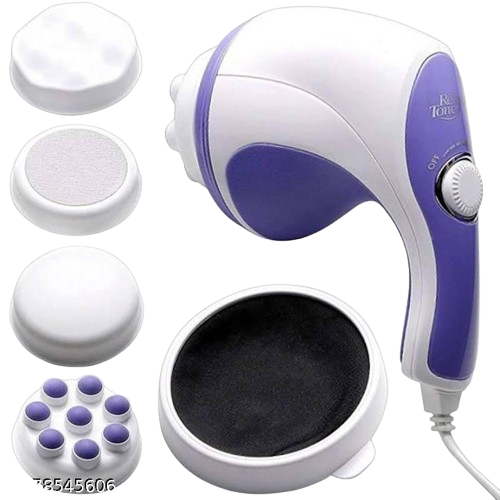
How It Works
Today, most tattoos are removed with a Q-switched laser, which removes tattoos by penetrating the skin and then heating tattoo ink until it shatters. The ink is then filtered out of the body through the lymphatic system. It produces minimal damage to surrounding tissues internally and targets only the tattoo ink pigments. An added benefit of this is a quicker and less complicated healing time. During the process, patients will be required to wear some eye protection for the duration of this treatment.
Recovery time post-removal varies depending on the individual, their tattoo, and their chosen procedure. Q Switch ND Yag lasers need a couple of sessions to completely remove traces of ink from the skin. In general, it takes about 6 to 10 sessions Source to remove a tattoo with laser treatment. You’ll have to wait 6 to 8 weeks between sessions for best results. It makes the tattoo a little hazy and a little lighter after a certain period.
The side effects of this treatment are usually minor. Q-switched laser tattoo removal generally can lead to blistering after treatment. Although blistering is considered a good thing as part of the healing process, it can be itchy, sore, and unpleasant. In addition, not caring for blisters correctly can lead to significant scarring. Apart from this, a patient may experience some redness, swelling, and itching in the treated area.
If you don’t experience pain getting a tattoo, you likely won’t experience pain in the removal process. If you don’t experience pain getting a tattoo, you likely won’t experience pain in the removal process. However, It depends on a few factors, such as your pain tolerance and the size and location of your tattoo.
If you are a not-so-proud owner of some regrettable ink and are considering tattoo removal, let us help you regain your original skin texture with our years of expertise. At Skinhance, we are committed to providing our clients with the best solutions, making it possible to remove all traces of tattoos.
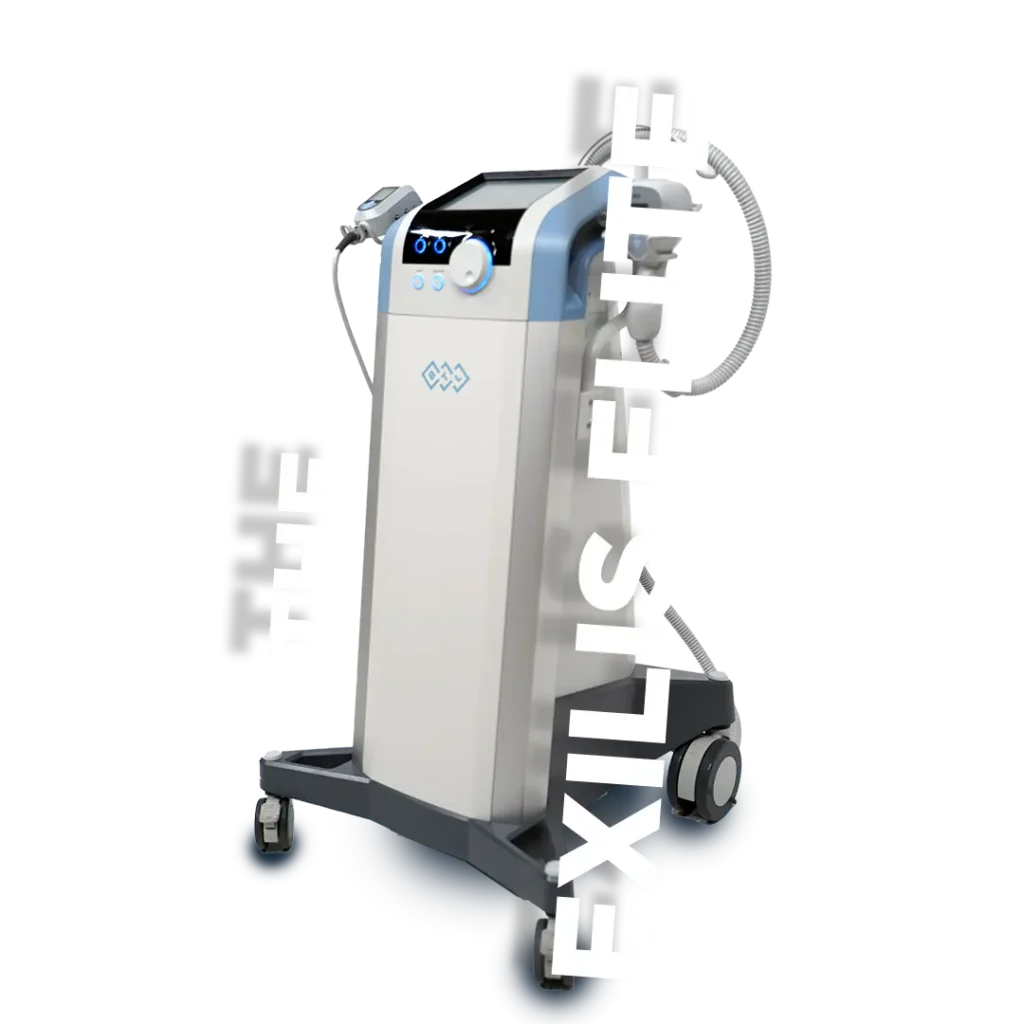
How Laser Hair Removal Operates
Body hairs prevent the skin from pollution and contagious diseases, but some people may wish to remove them permanently for cosmetic reasons. If you are suffering from a condition that causes excess hair growth, don’t hesitate to go for a laser procedure, which is one of the leading aesthetic procedures performed worldwide over the past two decades. If you’ve finally decided, you might also be interested in knowing the checklist before your first hair removal session.
1
Physical Exam
The very first step is that your dermatologist or physician examine you, review all your medical history, and discuss expectations. Discuss all your history, whether you have received any cosmetic injections in the treated area in the past 6 months or not.
2
Avoid Chemical Products
Please refrain from using irritant substances before and after the treatment.
3
Test
A specialist should perform a test patch 24 hours before the hair removal treatment.
4
Waxing, dying, bleaching, and threading
Don’t practice such activities before treatment to improve your chances of achieving permanent hair reduction.
5
Tattoos
These should be covered with tape by the technician during treatment. If the laser is used over an area that is tattooed, the pigment in the ink will be targeted, resulting in burning, pain, and severe skin damage.
6
Waxing, dying, bleaching, and threading
Don’t practice such activities before treatment to improve your chances of achieving permanent hair reduction.
What Are The Possible Ways to Minimize or Treat Scars?
- iPixel
iPixel is one of the most advanced laser skin-resurfacing treatments currently available. Approved by the FDA (Food and Drug Administration), the technology is aimed at improving the appearance of acne scars, blemishes, and wrinkles. This new generation of treatment does minimal damage to the outer skin layer thus minimising redness and downtime.
- Subcision
Subsicion is a minor in-office surgical procedure that’s used to treat acne scars. It involves inserting a small needle into your skin to release the acne scar from the underlying tissue. This allows your skin to rise and diminish the appearance of the acne scar.
- TCA Cross
The TCA CROSS is effective in treating various acne scar types particularly deep. This simple procedure outperforms even the most powerful and latest lasers. It involves the application of trichloroacetic acid (TCA) for a targeted chemical reconstruction (CROSS) aimed at diminishing acne scars. By stimulating collagen synthesis, it effectively raises the depth of these rooted scars, restoring damaged skin and resurfacing them for a smoother, rejuvenated appearance.
- Mono Threads
Mono threads can work wonders on atrophic acne scars. This technique works in a two-fold action – the needle used to insert the threads uses a Subsicion technique to cut any retracting old acne scars. Secondly, once the needle is removed the threads left behind will stimulate collagen production in the long run causing the skin to become plumper and more even in appearance. The effects of these techniques are typically permanent after 3-6 sessions.
- Microneedling
It is mainly used on the face and can treat various scars, wrinkles, and large pores. It increases the production of collagen and elastin fibers within the skin, making it smooth, firm, and toned. It is a minimally invasive procedure that uses fine needles to create tiny punctures in the skin. This stimulates the body’s natural healing process to produce new collagen and skin tissue. The session depends on the severity of the scars; for mild to moderate scars, it may take 3-6 sessions spaced over 4-6 weeks. For more severe scars, you may need up to 12 sessions. Keep in mind that it can take up to 6 months to see the desired result.
Your scars are an undeniable part of your history, but they don’t have to be your future. If you are looking for scars treatment, we welcome you to book a consultation with us. Alternatively, please contact us to speak to one of our experts.
- Sunscreen
Take care of your skin even after the treatment. Apply SPF 30 or 50 sunscreen to the treated area to protect it from sun damage for no less than a week after treatment.
